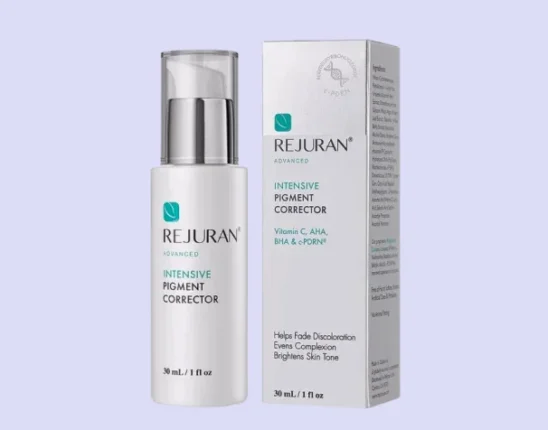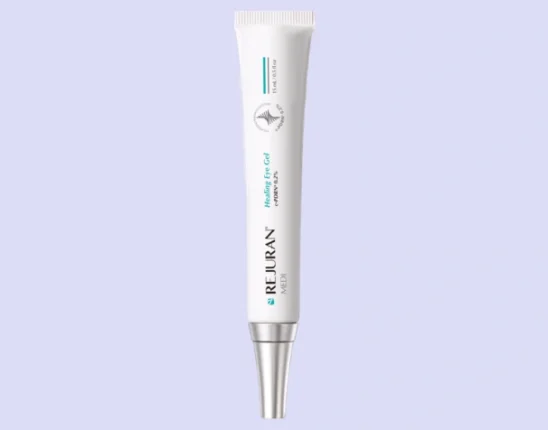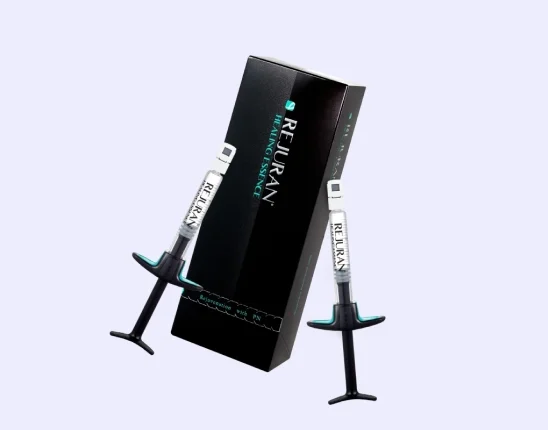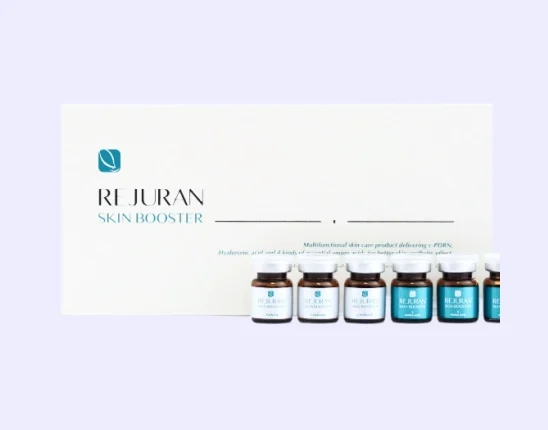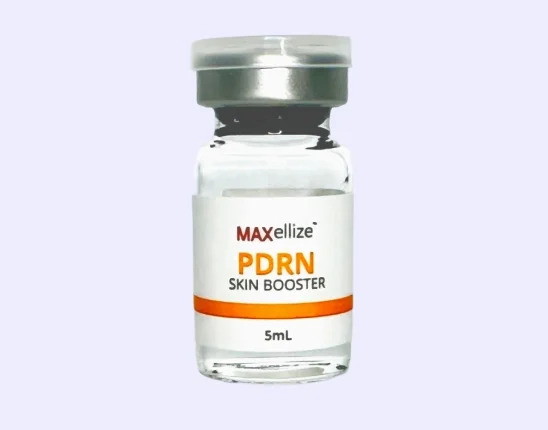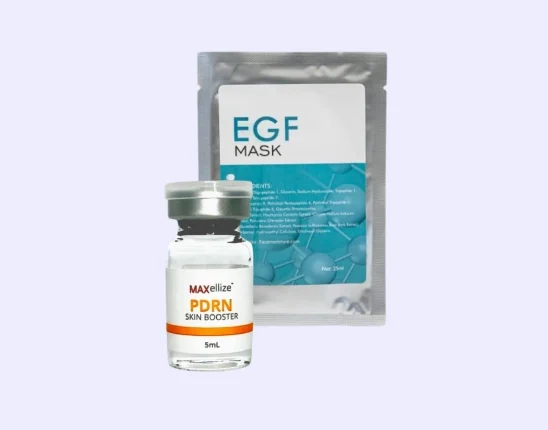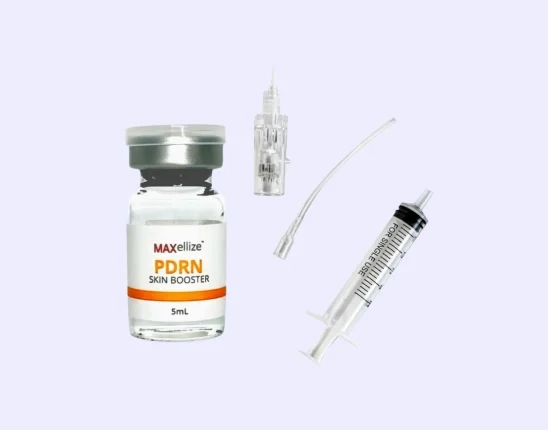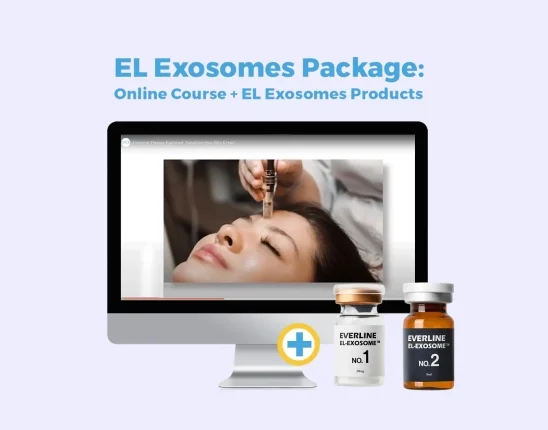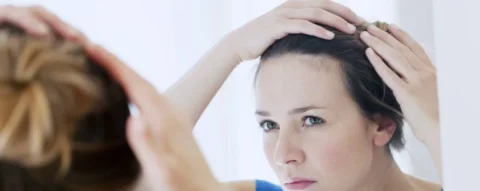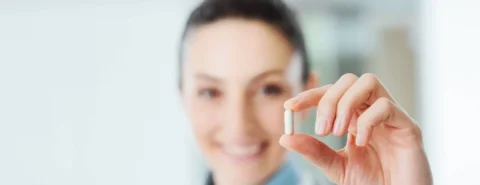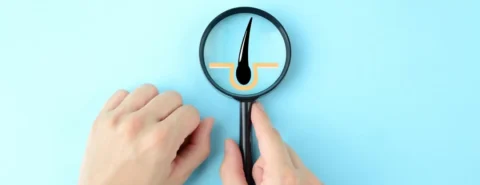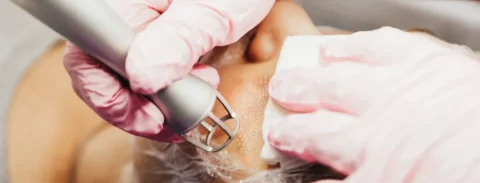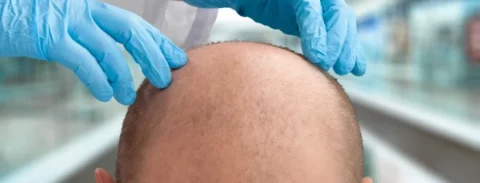Anti-inflammatories (or NSAIDs) fulfill many essential medical needs for patients. In many cases, they can be a life-saving drug, while for others they’re an essential medication that drastically improves their quality of life. However, the strong effects of anti-inflammatory drugs mean that they can cause unexpected interactions with many medications, including seemingly unrelated treatments like hair growth factors.
So do anti-inflammatories help with the effects of hair growth factors? Unfortunately, most of the medical evidence says that they don’t. This is because the effects of NSAIDs are directly counter to how hair growth factors work, which can make them cancel each other out if applied at the same time.
How Hair Growth Factors Work
Because of the proprietary nature of many hair growth products and treatments, it can be difficult to give a precise breakdown of how they work, though there’s enough information available that you can understand the general idea of how they help with hair regrowth.
Most hair growth factors are derived from platelet-rich plasma, which is a compound processed from your own blood cells. After a sample of blood has been extracted from your body, all other compounds aside from platelets – like red blood cells, immune cells, or white blood cells – are removed from the sample. The result (depending on the way it’s processed) is a sample containing almost pure platelets – platelet-rich plasma.
So how does this help with hair growth treatments? Platelet-rich plasma is full of your body’s platelets which are responsible for the cell proliferation and cell regrowth mechanisms in the human body. While the process that you’re most familiar with this type of action is blood clots and blood flow when you’ve been injured, the basic science behind factors in platelet repair mean that they’re far more effective than just generating scar tissue.
Platelet-derived growth factor products like the ones used in hair regrowth use the pure PRP sample to boost cell growth, remove dead cells, and otherwise revitalize and rejuvenate areas of the skin. Injected or applied to the hair and scalp, these elevated levels of platelets in your body may help you regrow your hair back.
How Anti-Inflammatories Interact With Hair Growth Factors

So what do non-steroidal anti-inflammatory drugs have to do with this process? The primary role of NSAIDs is to reduce the number of prostaglandins in your system. This compound is responsible for the majority of your body’s processes for wound healing, relieving inflammation, and otherwise helping it deal with pain.
By reducing the number of prostaglandins in your system, anti-inflammatories make it near-impossible for platelets to function as intended – which can have serious effects on the efficacy of hair regrowth products, especially ones that have pure PRP samples in them.
Specifically, it affects hair growth factors in two major ways:
1) Reduces Platelet Function
While NSAIDs can’t stop the effects of platelets and hair growth factors entirely, the strong formulation of these medicines means that they’re more than capable of grinding any excess platelet activity to halt. If you have a normal concentration of platelets in your system, this doesn’t really affect your body in any bad way – your platelets will still function as normal, especially since NSAIDs aren’t really taken in situations where the platelet response is needed.
But if you have hair growth factor products in your system (like platelet-rich plasma injections), then the actual effect of the treatment from working. This means that you’re unlikely to see any significant changes with your aesthetic concerns, even if you’ve used a high-quality PRP sample for your aesthetic procedure.
The result of this process is that you’ll have to wait until your body is removed from the effects of NSAIDs, which means that you’ve just wasted a PRP sample with your first treatment. And while PRP preparation isn’t particularly complex, it still requires a lot of preparation that you’ll have to go through all over again.
2) Prevents The Wound Healing Response
Hemostasis (or the process of your body stopping any bleeding during an injury) is the primary role of platelets, but that’s not the only process that can affect the body. Platelets are responsible for several cellular functions that are necessary with cell regrowth and repair – which NSAIDs can drastically reduce or even stop.
One of these processes includes cell proliferation, which is a crucial process for your body rebuilding and growing hair follicles. Because NSAIDs deliberately slow down this process, this means that any new growth can take far longer than expected to show up, which can make the entire progress of hair regrowth stall or even stop.
Anti-inflammatory medications can help with certain side effects that may come with hair regrowth treatment, like inflammation or swelling. However, the potency of the chemicals used in NSAIDs is also enough to overpower the primary effect of hair regrowth formulas.
How To Boost The Effects Of Hair Regrowth Products
So the solution is fairly simple: avoid anti-inflammatory medications when using hair regrowth products. However, some factors can make that more difficult for certain people to pull off, especially if they need NSAIDs to function in their daily lives.
So what are the ways that you can get the most out of your hair regrowth products?
1) Reduce Intake Of Alcohol And Other Chemicals
Alcohol and nicotine have significant effects on many natural processes in the body, including platelet production and growth. That’s why many aesthetic procedures will usually discourage alcohol or smoking before, after, and during treatments.
Not only does this slow down the effects of your actual treatment, but it also puts a greater strain on your skin. The result is that someone who does drink alcohol or smoke will need twice the amount of treatments compared to someone who doesn’t, which can add to significant costs over time.
2) Look For Alternative Therapies
Hair regrowth products don’t have to be limited to PRP formulas – other products like PEP growth factors can also help with improving the appearance of hair and overall scalp health. These products are less susceptible to the effects of NSAIDs and can be applied with other skincare or hair growth products for better effects.
Alternatively, there are also natural compounds that have been used in traditional medicine and folk remedies that you can also consider for hair regrowth. However, keep in mind that these compounds may not always work as well as intended for the results that you want to see.
3) Schedule NSAID Use
Finally, it may be possible to schedule your NSAID use with hair growth factor products, since the effects of NSAIDs don’t last long compared to PRP injections. Studies have also shown that stopping NSAID use can help increase the level of growth factors released by PRP products, which may give you better results.
If you’re considering this option, it’s best to have a consultation with your primary care doctor about the possible effects that this may have on your quality of life. This can also keep them alert about any unexpected adverse effects that you may develop from doing this, and plan accordingly in case something goes wrong.
Get Quality Medical Tools, Products, And Supplies From FACE Med Store Today
Anti-inflammatory drugs and NSAIDs may be useful for a variety of conditions, but their effects on hair growth products are less than useful. Because they can interfere with the natural healing process that helps hair growth factors work, anti-inflammatories shouldn’t be used if you’re also applying hair rejuvenation products to your scalp.
FACE Med Store has been a long-trusted and reliable partner for many medical and cosmetic practices, providing the best tools and supplies for medical and aesthetic applications. With our stocks now being made available to the general public, we’re always ready with medical-grade tools and equipment for effective therapies that you can do at home or offer in-clinic.
For more information about us and our stocks, visit our website today.
Learn More: Fractional CO2 Laser Therapy and Other Potential Hair Growth Factors That Can Improve Your Hair
